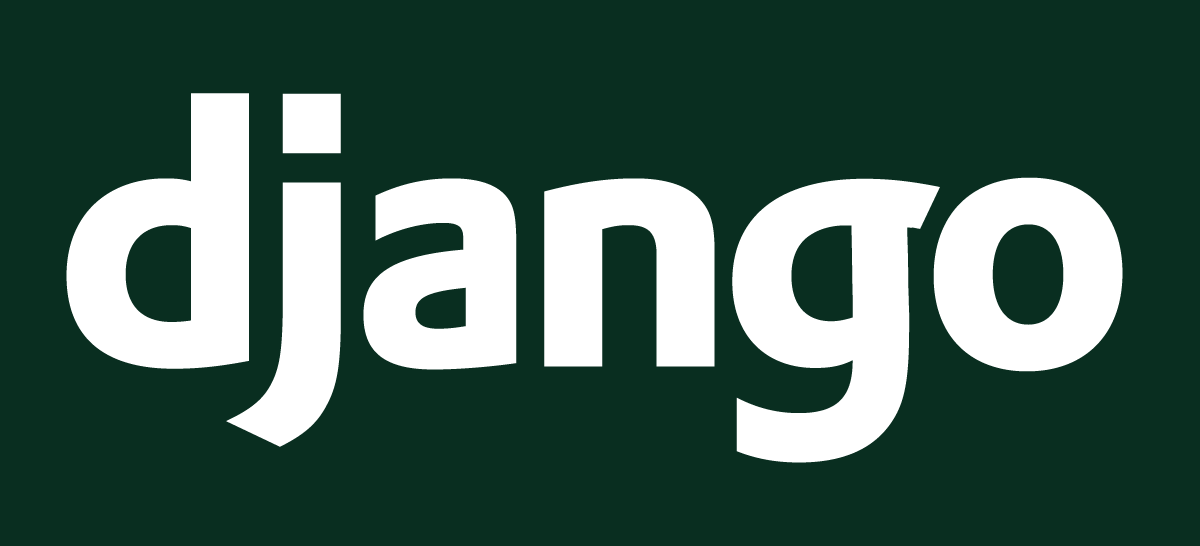Translation guidelines
There are some points we would like you to keep in mind while working on your translations.
Friendly, cheerful and positive language
The Django Girls tutorial is not your ordinary tutorial. We put a lot of work into making sure the words we use are always friendly, cheerful and positive. We make certain that the people reading the tutorial feel awesome about themselves. We're not super-duper serious, because there is absolutely no reason to be.
Keep this in mind while translating the tutorial. Imagine that you're talking about all of these things to your friend -- this will help with finding the right words.
Pronouns and gender-specific words
We would all like to live in a world without words that imply gender. So, we strive for using language that is not gendered throughout our tutorial. However, we are aware this is not possible in all languages.
If you face decisions regarding which pronouns or gendered words to use, please default to female pronouns: i.e. equivalents to she/her in your language.
If the language you are translating the tutorial into has a female version of the word "programmer" and there is no genderless version, we'd prefer you to use the female version.
If you see that other translators used different pronouns/words, please help correct them!
We know this isn't a perfect solution, but at the end of the day, our tutorial is used at workshops which are attended mostly by women and we want to make them feel comfortable.
Consistent wording
It would be great if you used consistent wording across the whole tutorial. If there are several people working on the translation in parallel, make sure that you stay consistent in your usage of words. It could be confusing if you use one word for "console" in one chapter and a different word in the next, right?
It'd be great if you (virtually) sat down together and agreed on which technical terms you are (not) going to translate.
Translating code examples
Generally we do not want you to translate code examples. Let's leave the code as is. One exception could be strings and texts in templates, but all Python and Django code should stay as it is.






